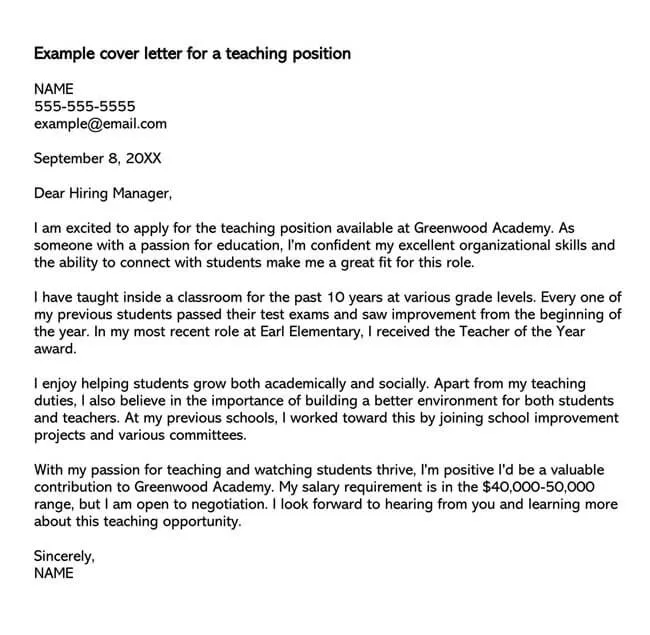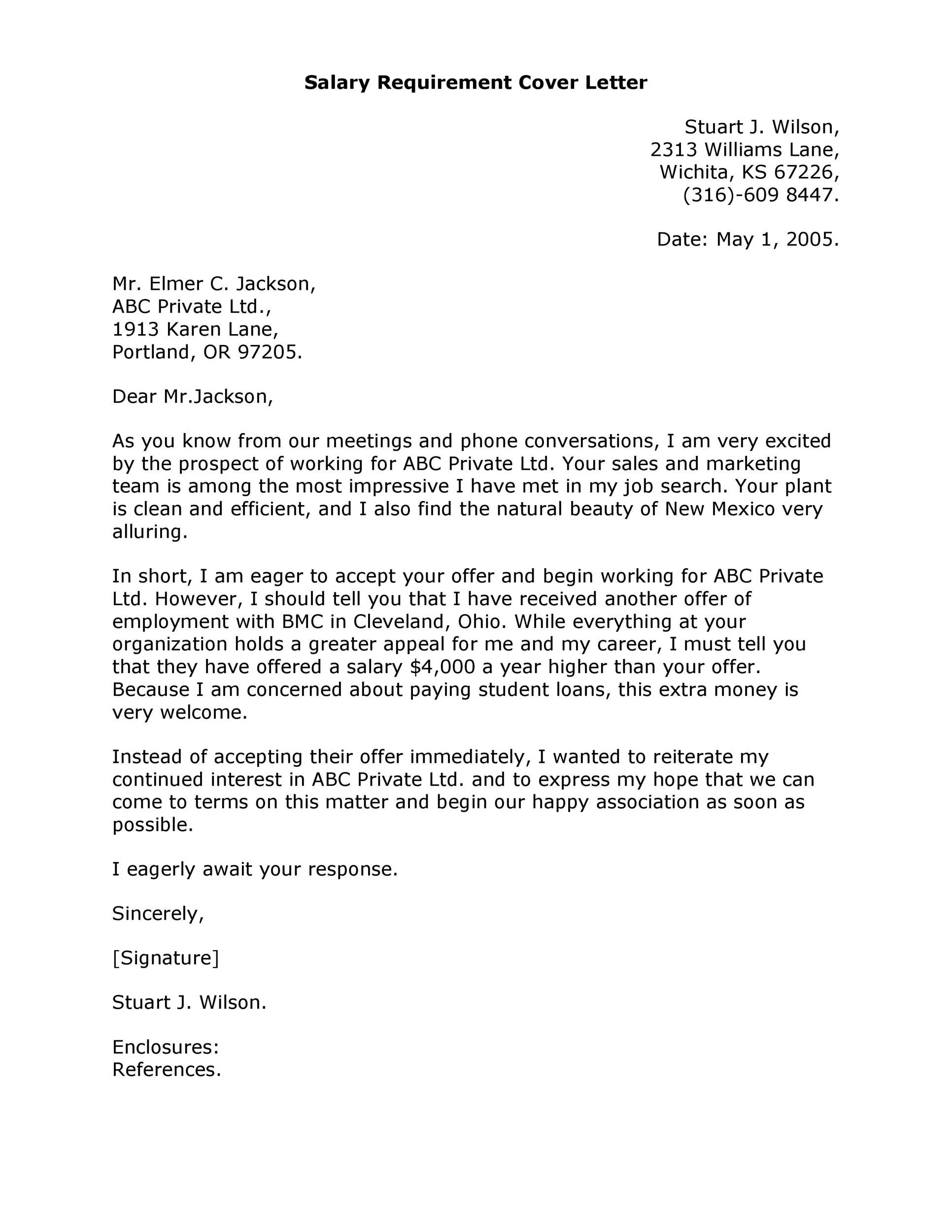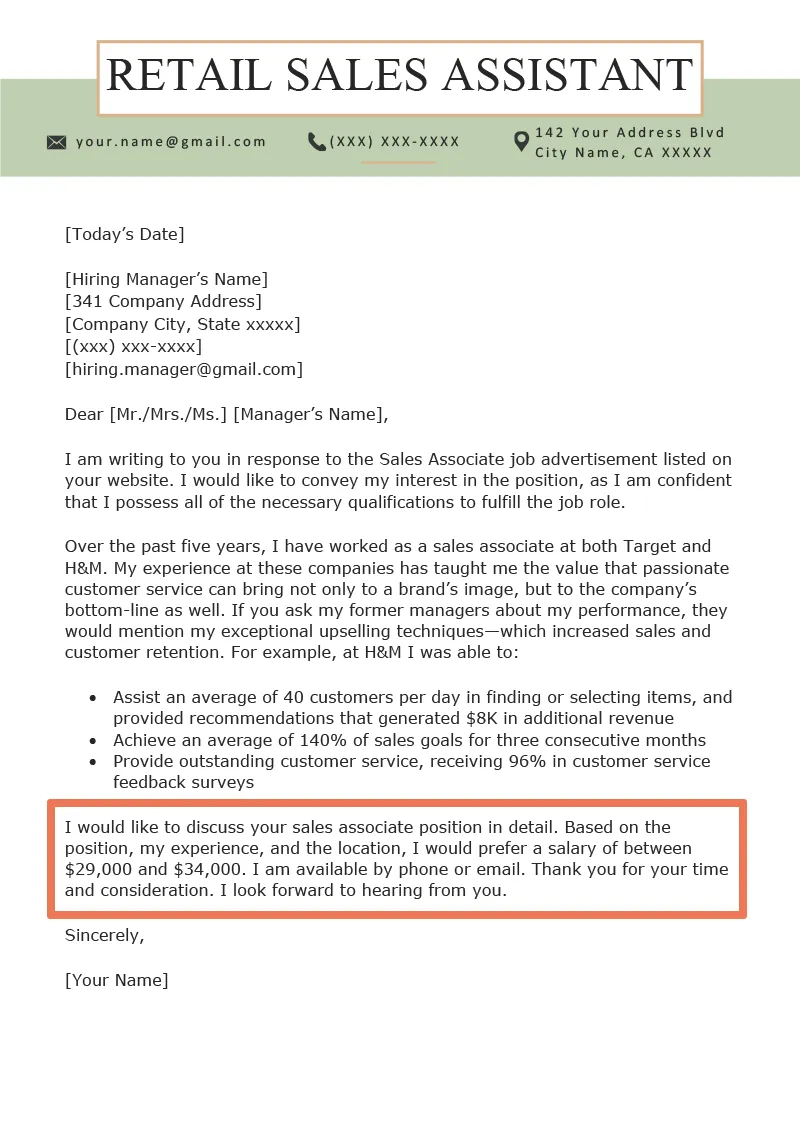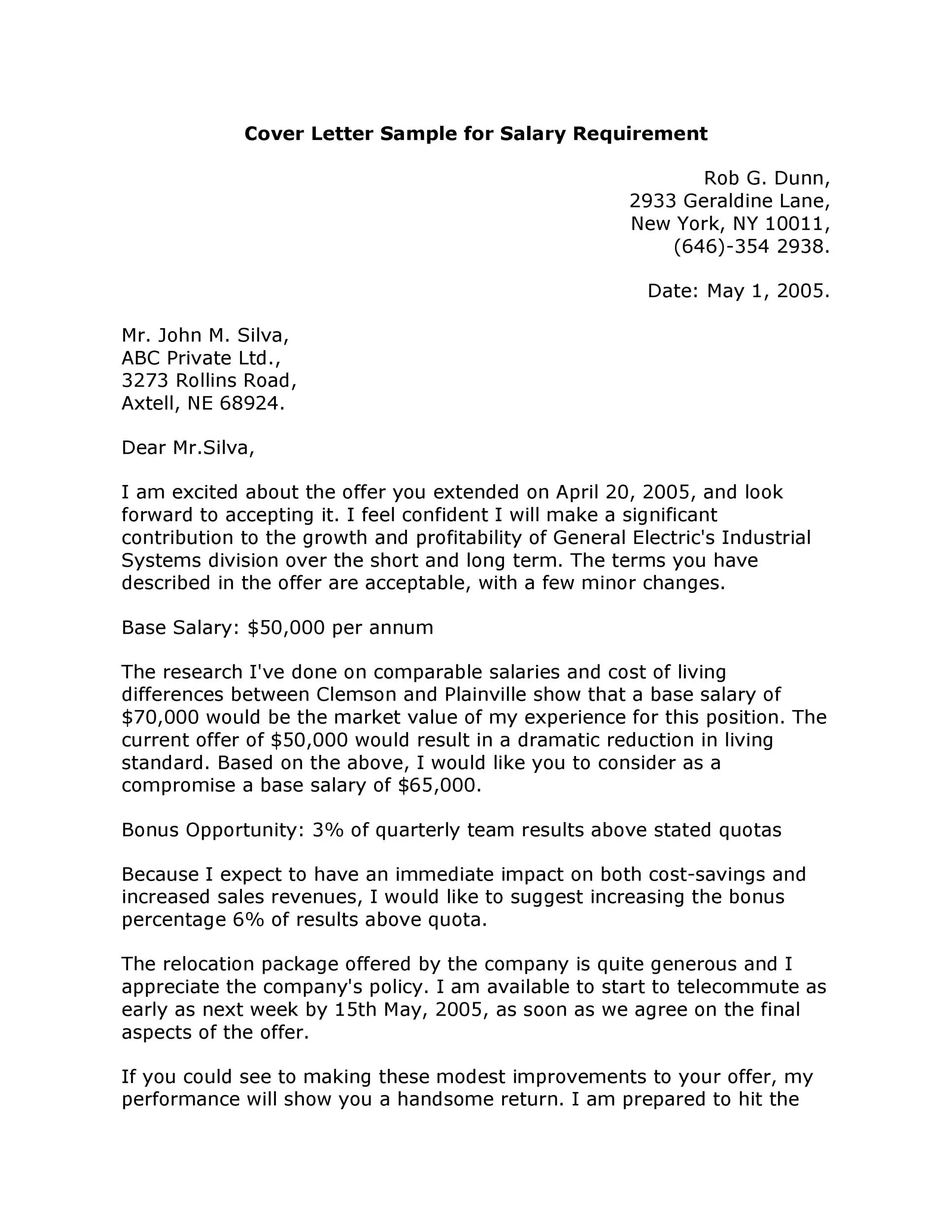What is a Cover Letter
A cover letter is your first chance to impress a potential employer. It’s a document accompanying your resume, serving as an introduction and a platform to highlight your qualifications and express your interest in a specific job. Unlike a resume, which provides a factual summary of your experience, a cover letter allows you to tell your story, explain why you’re the perfect fit for the role, and demonstrate your enthusiasm for the company. Think of it as your personal sales pitch, designed to convince the hiring manager to read your resume and invite you for an interview. A well-crafted cover letter can significantly increase your chances of landing your dream job.
Cover Letter Purpose
The primary purpose of a cover letter is to showcase your personality, skills, and experience in a way that a resume alone cannot. It provides context to your application, allowing you to explain your career goals and how they align with the company’s needs. The cover letter allows you to connect your skills and experiences to the specific requirements of the job, demonstrating why you are the ideal candidate. Moreover, it’s an opportunity to express your enthusiasm for the company and the role, showing the hiring manager that you are genuinely interested in the opportunity. It allows you to make a great first impression.
Cover Letter Structure

A well-structured cover letter typically includes an introduction, body paragraphs, and a conclusion. The introduction should immediately grab the reader’s attention, state the position you’re applying for, and briefly explain why you’re interested. The body paragraphs should highlight your relevant skills and experiences, providing specific examples to support your claims. This is where you demonstrate how you meet the job requirements and what value you can bring to the company. The conclusion should reiterate your interest, summarize your key qualifications, and express your availability for an interview. Maintain a professional tone throughout the document.
Cover Letter for Salary Negotiation
Addressing salary in your cover letter requires careful consideration. While some job applications specifically request your salary expectations, it’s often best to avoid stating a specific number upfront. Instead, you can express your salary expectations in a range or indicate that your expectations are competitive and negotiable. The primary goal is to keep the conversation open while showcasing your value to the company. Focus more on how your skills and experience can benefit the company. This approach allows you to discuss your salary requirements during the interview process when you have a better understanding of the role and the company’s compensation structure.
Researching Salary Expectations
Before applying, research the typical salary range for the position and your level of experience. Several online resources, such as Salary.com, Glassdoor, and Payscale, can provide valuable insights. Look at job postings and company reviews to get an idea of what other companies are paying for similar roles. Consider factors like location, industry, and company size, as these can influence salary levels. Use the salary range you find as a reference point when discussing your salary expectations. This research ensures you’re not underestimating or overestimating your worth, positioning you as a knowledgeable and professional candidate.
Addressing Salary Requirements in Your Cover Letter

If the job posting explicitly asks for your salary requirements, you’ll need to address it. Instead of providing a precise number, you could state a salary range that aligns with your research. Alternatively, you can use a phrase like, “My salary expectations are competitive and commensurate with my experience and the market rate.” This approach avoids committing to a specific number while demonstrating your understanding of industry standards. It’s also acceptable to state that you are open to discussion and believe salary can be discussed during the interview process. Remember that transparency and professionalism are key.
Strategies for Salary Negotiation
Once you reach the interview stage, you’ll have a better opportunity to negotiate your salary. Before the interview, determine your desired salary range and your absolute minimum acceptable salary. During the negotiation, emphasize your value to the company, highlighting your skills, experience, and accomplishments. Provide data and evidence that proves your worth. Be prepared to justify your salary expectations with examples of your contributions and achievements. Be confident and assertive but remain professional. Be open to negotiating other aspects of the compensation package, such as benefits, vacation time, and professional development opportunities.
Cover Letter Content
The content of your cover letter should be tailored to each job you apply for. Avoid using a generic template; instead, personalize it to reflect the specific requirements of the role and the company’s culture. Focus on showcasing your skills and experience that align with the job description. Your cover letter is also a chance to showcase why you are interested in the specific job, showing what aspects make you apply for the opportunity. Proofread carefully to ensure your letter is free of errors.
Highlighting Relevant Skills and Experience

When highlighting your skills and experience, focus on those most relevant to the job requirements. Review the job description carefully and identify the key skills and qualifications the employer is seeking. Then, provide specific examples from your previous experiences that demonstrate your proficiency in those areas. Use action verbs to describe your accomplishments and achievements. Instead of simply listing your skills, provide context and show how you’ve applied them in the past to achieve positive results. This approach makes your cover letter more compelling and demonstrates your value to the employer.
Quantifying Your Achievements
Whenever possible, quantify your achievements with data and numbers. Instead of saying you “improved customer satisfaction,” state that you “increased customer satisfaction scores by 15%.” Quantifying your accomplishments provides concrete evidence of your abilities and makes your cover letter more impactful. Use metrics to demonstrate the results you’ve achieved in previous roles. This approach not only highlights your skills but also showcases your ability to deliver results and contribute to the company’s success. When possible, use percentages, dollar amounts, or other measurable data to showcase your accomplishments.
Cover Letter Tips
Writing a great cover letter takes time and effort. Pay close attention to the following tips to ensure your cover letter is effective. Always tailor your cover letter to each job application, highlighting the skills and experiences that match the requirements of the role. Address the letter to a specific person whenever possible. Proofread carefully to eliminate errors in grammar and spelling. Show enthusiasm for the company and the position. Maintain a professional tone throughout the document and avoid generic phrases and clichés.
Proofreading and Editing

Before submitting your cover letter, proofread it carefully for any errors in grammar, spelling, and punctuation. Errors can create a negative impression and undermine your credibility. Read the letter aloud to catch any awkward phrasing or grammatical mistakes. Ask a friend or family member to review your letter for a fresh perspective. Ensure that the formatting is consistent and easy to read. A polished and error-free cover letter demonstrates your attention to detail and professionalism.
Tailoring Your Cover Letter
Always tailor your cover letter to each job application. Generic cover letters rarely impress employers. Research the company and the specific role to understand their needs and requirements. Then, customize your letter to address those needs and demonstrate how your skills and experience align with the job. Show that you’ve taken the time to understand the company’s values, culture, and goals. Highlight the aspects of the job that excite you. Personalization shows that you are genuinely interested in the opportunity and are a good fit for the company.
Cover Letter Examples and Templates
There are numerous cover letter examples and templates available online. These can serve as a starting point for creating your own cover letter. However, avoid simply copying and pasting from a template. Instead, use the template as a guide to structure your letter and highlight your qualifications. Customize the template to reflect your unique skills, experience, and the specific requirements of the job. Remember that the most effective cover letters are those that are tailored and personalized to the job and company you’re applying to.
